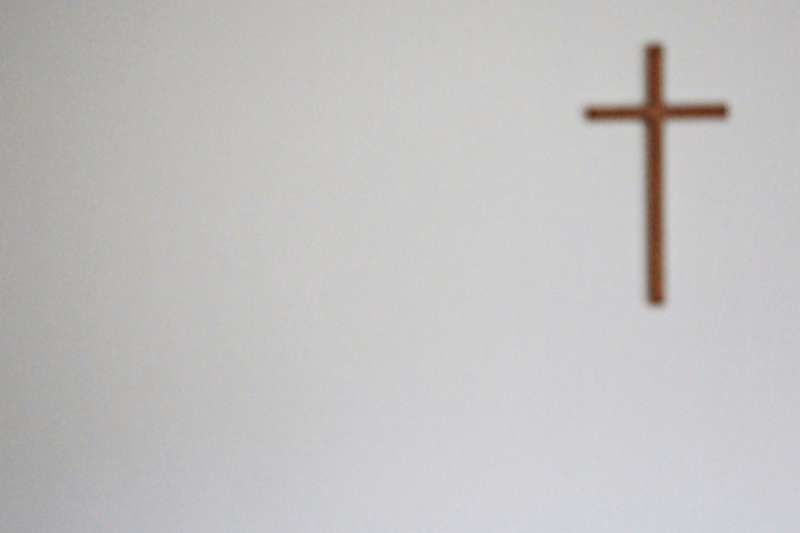The government of Bavaria has decided to instruct all state administrative buildings in the German state to display a cross in their public entrances by June 1.
The move intends to “express the historical and cultural character of Bavaria” and present “a visible commitment to the core values of the legal and social order in Bavaria and Germany”, the office of Markus Söder, Bavaria’s premier, announced April 24.
The Bavarian Interior Minister, Joachim Herrmann, hailed the decision as a “clear signal for Christian tradition”. Söder was quick to put his cabinet's decree into action, personally hanging up a cross on the wall of the State Chancellery, and tweeting that this constitutes a commitment to Bavarian identity and Christian values.
Municipal and regional district buildings are not compelled, but encouraged to do likewise. Classrooms and courtrooms in traditionally Catholic Bavaria are already required to display a cross.
As some observers were quick to point out, the decision to display the crosses in the entranceways and not the actual government office rooms may be aimed at avoiding the controversy the display of the Christian symbol in classrooms and courtrooms has caused in the past.
Opposition party members of the Social Democratic Party of Germany and the Greens criticised the move as an election campaign tactic. Meanwhile, the elected representative of the famous village of Oberammergau, whilst denouncing any political instrumentalization of the cross, also welcomed the potential for his electorate’s artisanal woodcarvers.
Bavarian voters will go the polls Oct 14 to elect a new government — and will likely return the Christian Social Union in Bavaria (CSU) government. The conservative CSU is the Bavarian sister party to German Chancellor Angela Merkel’s Christian Democratic Union of Germany. It has dominated Bavarian politics — and provided the State Premier — since 1957.

